Question And Answer
Publications
Articles, publications, books, tools and multimedia features from the U.S. Institute of Peace provide the latest news, analysis, research findings, practitioner guides and reports, all related to the conflict zones and issues that are at the center of the Institute’s work to prevent and reduce violent conflict.
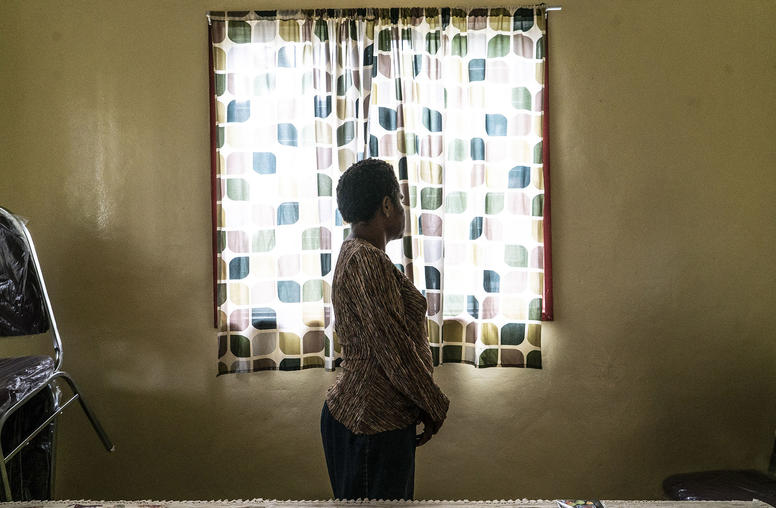
Addressing Gendered Violence in Papua New Guinea: Opportunities and Options
Each year, more than 1.5 million women and girls in Papua New Guinea experience gender-based violence tied to intercommunal conflict, political intimidation, domestic abuse, and other causes. It is, according to a 2023 Human Rights Watch report, “one of the most dangerous places to be a woman or girl.” Bleak as this may seem, it is not hopeless. USIP’s new report identifies several promising approaches for peacebuilding programming to reduce gender-based violence and effect meaningful and lasting change in Papua New Guinea.
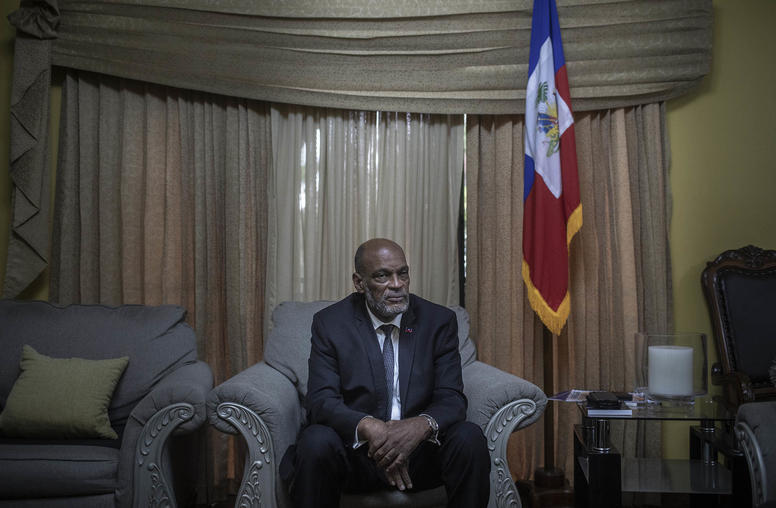
How to Avert a Gang Takeover of Haiti
Policymakers across the Western Hemisphere were shocked this weekend by news of a concerted effort by a coalition of gangs to attack Haiti’s key infrastructure, block the capital’s airport and prevent Prime Minister Ariel Henry from returning from a trip abroad. After all, the analysis went, Henry’s position seemed cemented as the deadline of February 7 — when he was supposed to hand over power to an elected government — passed with no real challenges to his rule. Now, absent an inclusive transitional arrangement that can effectively govern, the possibility of total collapse and anarchy in Haiti is ever more real.
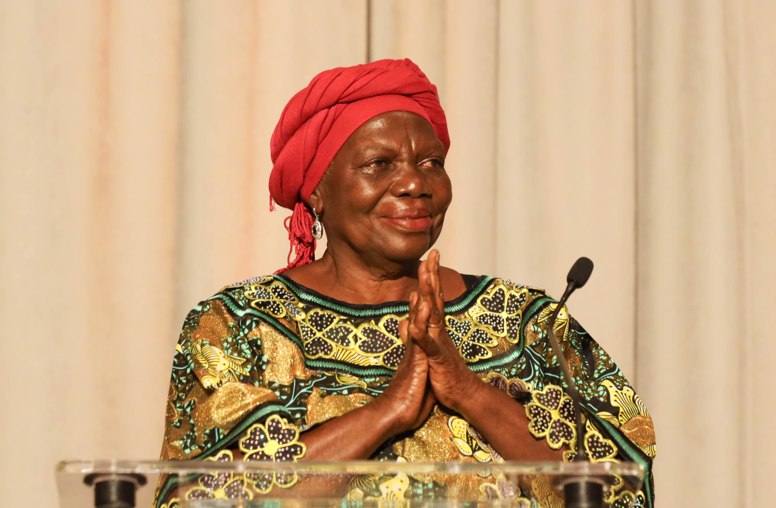
In Congo, Peace Means a Halt to ‘Brutal, Illegal Mining’
Pétronille Vaweka, a Congolese grandmother, has mediated local peace accords in her homeland’s wars. But now, she says, one of Africa’s longest, bloodiest conflicts can be solved only if the United States and other democracies “will wake up” to protect their own economic and security interests.

Sameer Lalwani on INDUS-X and the Importance of Technology Coalitions
Technology partnerships like the U.S.-India INDUS-X “are going to be critical to the U.S. being able to defend and deter rising threats in the future, including the challenge of China,” says USIP’s Sameer Lalwani. “We need the strength of our allies in these coalitions” to maintain a technological advantage.

After Taiwan’s Election, China Is Now Ratcheting Up the Pressure
Beijing is intensifying its pressure on Taiwan’s freshly elected president, William Lai Ching-te. Instead of relying on conventional military or economic pressures, however, Beijing has employed multifaceted tools of coercion to demonstrate disapproval of the January election results. Although China is carefully calibrating its behavior to avoid provoking Taipei or the United States, Beijing’s efforts to gradually change the status quo and erase the traditional boundaries between Taiwan and China could lead to escalated tensions and unintentional conflict.
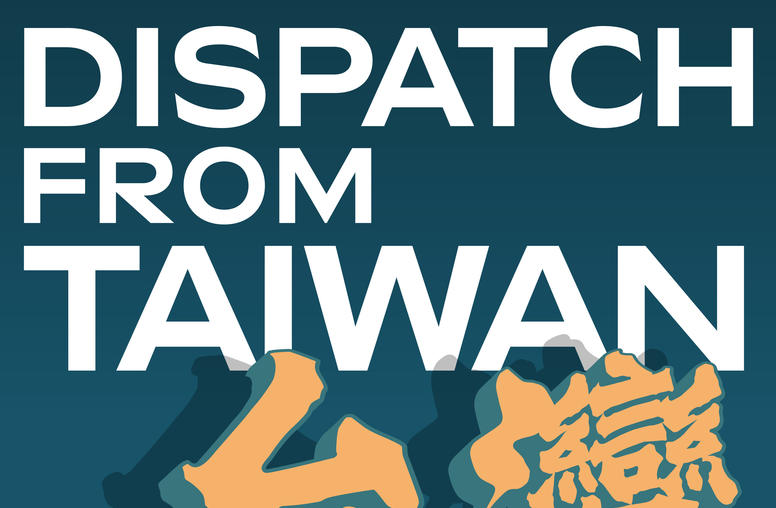
People’s Relations: Moving Between Taiwan and China
From 1945 to 1949, an estimated million-plus people from China arrived in Taiwan. The newcomers joined an existing population of 6 million, significantly changing the demographic makeup of modern Taiwan. In this episode, we look at the stories of some of those who arrived, and how perspectives of China differ among generations and those who travel back and forth.
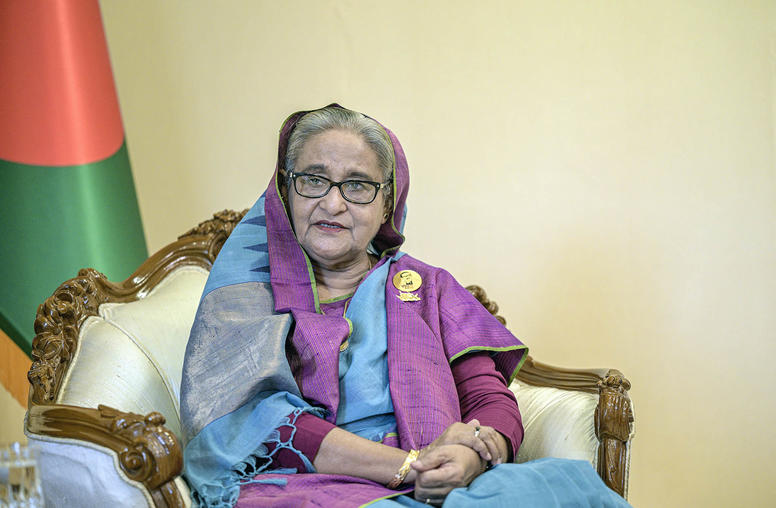
A Perilous Moment for Bangladesh’s Democracy
Bangladesh’s parliamentary elections in January cemented the country’s transition to a “dominant-party” political system. Aided by an opposition boycott on Election Day, the Awami League (AL) extended its 15 years in power with another five-year term, which will soon make Bangladesh’s prime minister, Sheikh Hasina, the world’s longest continuously serving female head of government in contemporary history. But political dominance comes with risk. Around the world, dominant-party systems often develop common maladies that harm the country’s governance. Ensuring competition across politics, government and the economy can forestall these problems.
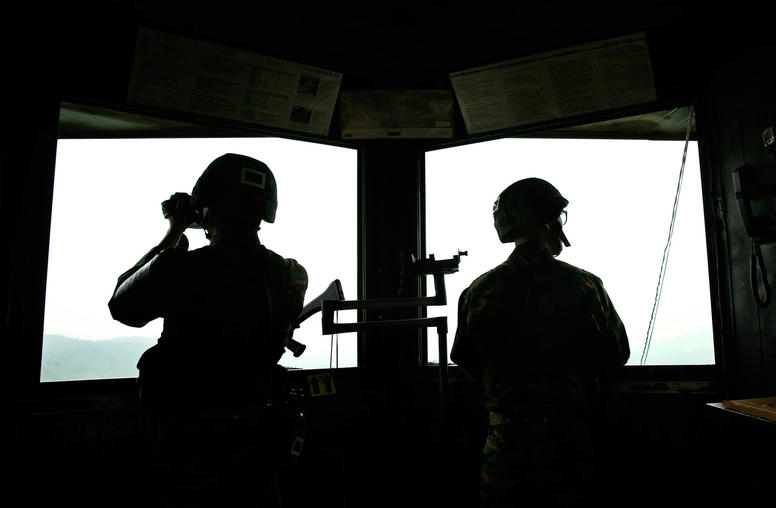
Increasing Stability in a Deterrence Relationship with North Korea
A Korean Peninsula free of nuclear weapons remains a critical U.S. national security interest, but it is now a long-term interest. Because there is little possibility of disarming the regime in Pyongyang at an acceptable cost in the foreseeable future, the United States-South Korea alliance needs a strategy to coexist peacefully with a nuclear-armed North Korea.
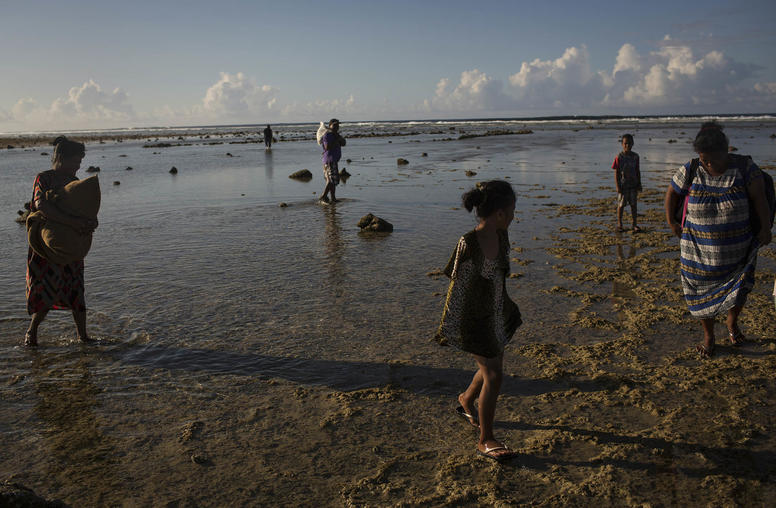
For the Marshall Islands, Nuclear Remembrance Day Is a Painful Reminder
Between 1946 and 1958, the United States detonated 67 nuclear and thermonuclear weapons in the Marshall Islands, a legacy that is commemorated today on the 70th anniversary of the Castle Bravo hydrogen bomb test. This nuclear legacy still reverberates in the Marshall Islands today, straining its relationship with Washington and creating a fissure that Beijing is exploiting as it seeks to increase its regional influence.

Plan for Gaza’s Future Highlights the Challenges That Lie Ahead
The document that Israeli Prime Minister Benjamin Netanyahu presented to his security cabinet for discussion on February 22 may be his first formal articulation of a postwar plan for Gaza, but is largely a compilation of views that have been expressed publicly over the past few months. Accordingly, it offers few surprises, but could deepen tensions between Israel on one side and the United States and regional stakeholders on the other.